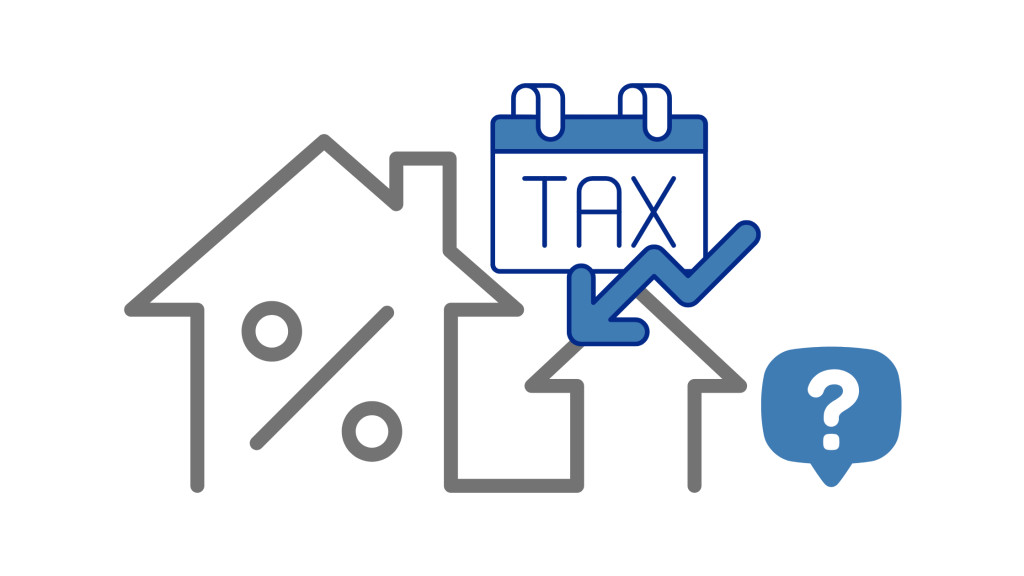Land tax is a state and territory-based tax in Australia, levied on the value of land owned by individuals or entities. It applies annually and can significantly impact property owners, particularly those with substantial landholdings or investments. Understanding land tax is essential for property owners to effectively manage costs and comply with legal obligations.
Land tax thresholds
Land tax liability is determined by several factors, including:
- Land value: The taxable value of the land is assessed by the relevant state or territory authority.
- Land use: The purpose for which the land is used, such as residential, commercial, or primary production, can affect tax rates.
- Exemptions and concessions: Certain categories of land, like a primary residence or land used for farming, may qualify for exemptions or reduced rates.
Understanding the rules specific to your location is crucial for accurate tax planning.
Strategies to minimize land tax
Review property valuation
- Understand assessment: Land value assessments are typically based on market conditions.
- Challenge valuations: If you believe your land has been overvalued, you can formally object to the valuation with supporting evidence.
Leverage exemptions and concessions
- Primary residence exemption: Owner-occupied homes are often exempt from land tax.
- Primary production exemption: Land used for farming or agricultural purposes may qualify for significant concessions.
- Eligibility: Check your state’s rules and ensure you meet the criteria. Apply promptly to avoid missing out on benefits.
Explore land tax deferral
- Conditions: Some jurisdictions allow deferral of land tax under specific circumstances, such as financial hardship or age.
- Benefits: Deferring tax payments can improve cash flow but may accrue interest or additional fees.
Optimize property portfolio
- Ownership structure: Holding properties under different legal entities or family members can reduce the overall land tax burden by spreading liabilities.
- Strategic transactions: When buying, selling, or transferring properties, consider the land tax implications to avoid unnecessary costs.
Utilize tax planning techniques
- Subdividing land: Dividing larger parcels of land can potentially reduce taxable value.
- Rezoning: Changing the zoning of land, where feasible, may affect its valuation and tax liability.
- Seek professional advice: Tax advisors and property consultants can provide tailored strategies to minimize land tax effectively.
Managing land tax effectively requires a proactive approach. By understanding thresholds, reviewing valuations, leveraging exemptions, and employing strategic tax planning, property owners can reduce their liabilities and maximize returns. Staying informed and consulting with professionals ensures compliance and cost efficiency.
Take charge of your land tax situation today. Review your properties, explore available exemptions, and consult with experts to uncover strategies that could save you thousands. Contact us now to get started!



